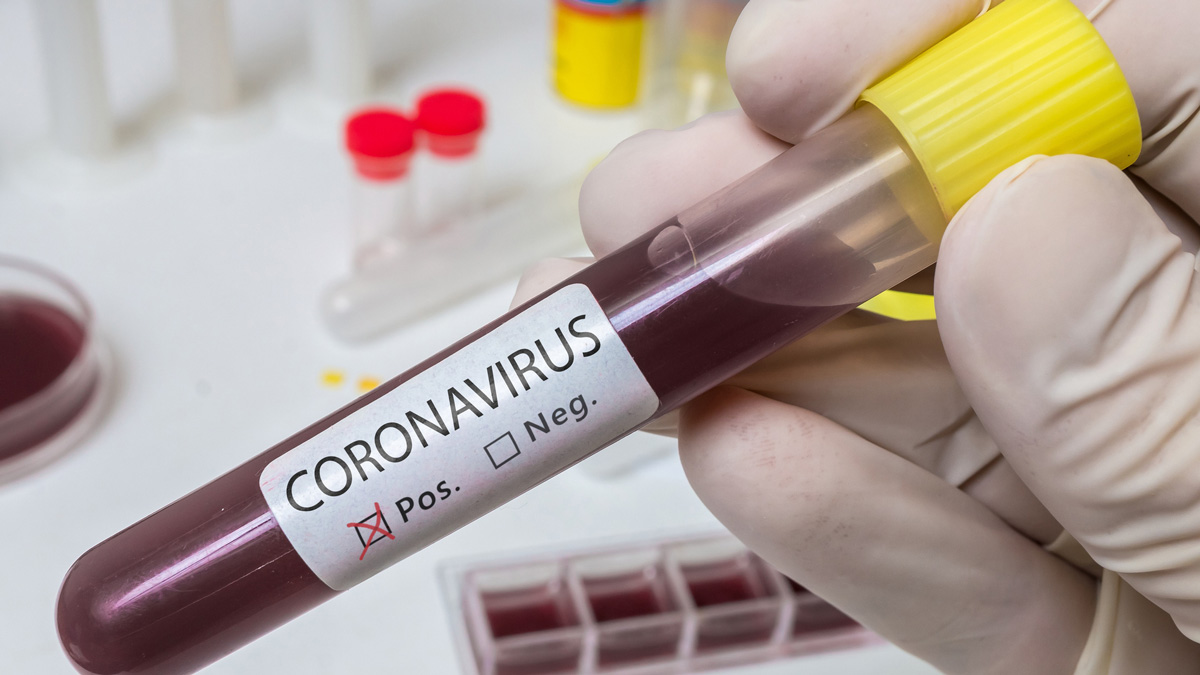Hungary steps out of line with EU to order Russia's COVID-19 vaccine

Hungary is to order a consignment of Russia’s Sputnik V COVID-19 vaccine, as the country struggles to contain the infection rate.
According to press reports, the decision puts Hungary on “collision course” with the EU, which has not approved the vaccine or plans to review it either.
The European Medicines Agency has announced rolling reviews of vaccines from mainstream pharma companies including Pfizer/BioNTech and AstraZeneca, which allow regulators to review data in real time, allowing them to reach a conclusion quickly.
Minister of foreign affairs and trade Peter Szijjarto has been in talks with Russia, China and Israel in order to obtain early supplies of a vaccine.
Hungary’s prime minister Viktor Orban has warned that the country’s health service could be overwhelmed if the infection rate is not brought under control.
The decision from Orban is the latest example of the country stepping out of line with the rest of the EU, which is abiding by guidance issued by the EMA.
Earlier this week Russia claimed that Sputnik V was 92% effective, based on interim data from a study in involving 40,000 subjects.
The results would put it on a par with a vaccine developed by Pfizer/BioNTech, which has shown efficacy of more than 90% and no serious safety issues in more than 43,500 subjects.
The preliminary assessment is based on 20 COVID-19 cases split between the vaccinated and placebo arms of the study at 21 days, according to a press statement issued by the Gamaleya Institute which developed the vaccine and the Russian Direct Investment Fund (RDIF).
They said the positive interim results will be followed by “mass vaccination in Russia against COVID-19 in the coming weeks.” The country has had more than 1.8 million confirmed COVID-19 infections, and just over 31,000 deaths.
The readout from the study comes at a point when 20,000 people have been given the first of the two-dose regimen for the adenovirus-based vaccine, and 16,000 have had the second. There were no unexpected adverse events as yet, with most side effects injection site reactions or minor flu-like symptoms.













